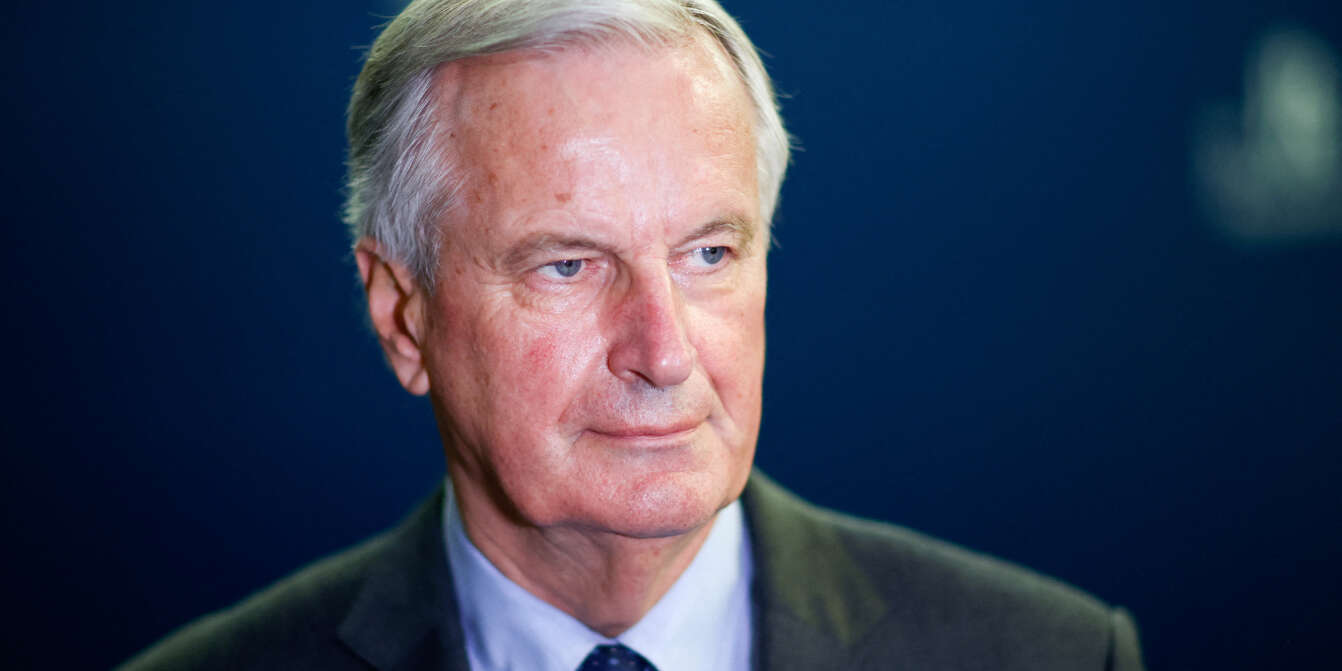Michel Barnier, the former chief Brexit negotiator for the European Union, has been appointed as France’s new Prime Minister, marking the end of a prolonged political impasse. The announcement came from the Élysée Palace after two months of uncertainty following inconclusive parliamentary elections. Barnier’s appointment signals President Emmanuel Macron’s effort to establish a unified government after consultations aimed at ensuring political stability in France.
At 73, Barnier brings decades of experience to the position, having served in various French ministerial roles as well as in the European Commission. A member of the Republican party, Barnier gained international recognition for his role in the Brexit negotiations, where he was seen as a firm but fair negotiator. Despite his vast experience, Barnier’s attempt to run for the French presidency in 2021 was unsuccessful, as he failed to rally enough support within his party.
Barnier’s task of forming a government is complicated by the rise of the far-right National Rally (RN), which emerged as one of the strongest parties in the recent elections. While the RN has expressed a conditional willingness to work with Barnier, its members remain skeptical.

Michel Barnier Appointed as France’s Prime Minister Amid Political Deadlock Following Elections
Laurent Jacobelli, a prominent figure in the RN, criticized Barnier’s appointment, describing him as part of a political class that has governed France for decades without substantial change. Cooperation from the RN may depend on Barnier’s future actions and policy decisions.
Reactions from political leaders have varied. Marine Le Pen, leader of the National Rally, noted Barnier’s experience but made it clear that her party would not engage in any government cooperation until they heard his policy plans. On the far left, Jean-Luc Melenchon, leader of France Unbowed, strongly condemned the appointment. He accused President Macron of ignoring the outcome of the legislative elections and urged the public to protest against what he sees as an undemocratic move.
Barnier, known for his tough negotiation skills from the Brexit talks, now faces the challenge of managing France’s deeply divided political factions. His long career in French and European politics, beginning with his election to parliament at 27, has prepared him for high-stakes situations. However, his ability to unite the various parties and form a stable government will be tested in the weeks ahead.
